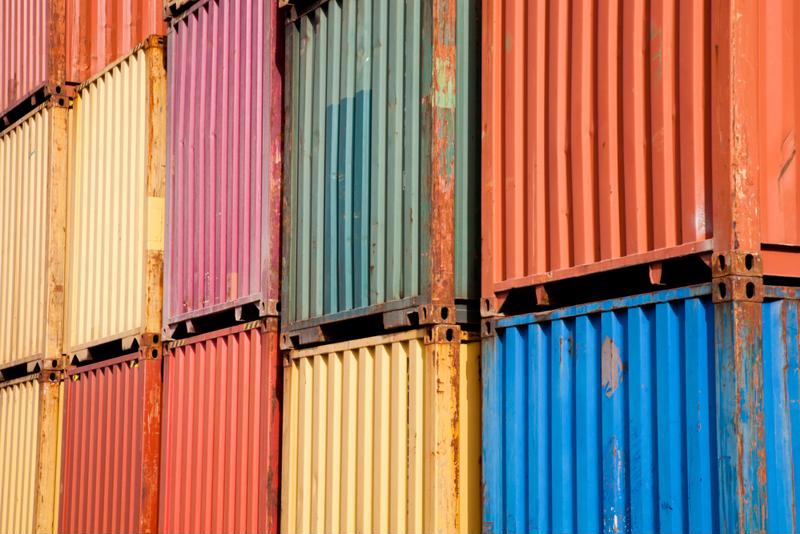These days, shippers of all shapes and sizes simply cannot handle the level of demand that manufacturers, retailers and consumers are generating, and it's resulting in significant cost increases for just about any kind of land, sea and air freight, according to American Shipper. For instance, to send items via shipping container overseas, the cost used to be $4,000 — but has risen to $18,000 in recent months because there are only so many ships and containers available. It's basic supply and demand, but it's putting the squeeze on just about everyone relying on shipped goods and materials.

Moreover, these issues are only anticipated to get worse and become more widespread, the report said.
"The supply chain is a disaster," William Taylor, CEO of the heavy equipment manufacturer the Taylor Group, told lawmakers at a recent hearing held by the Senate Commerce Committee. "This situation is causing inflation to run rampant throughout the supply chain. So far, we have kept our lines running but are facing 30% to 75% price increases from our vendors and transportation companies. The worst part is that we have orders, but we don't have confidence in our supply chains to meet the demand. The same story is playing out in thousands of manufacturers across America."
What's the impact?
Apart from the obvious effect of companies and consumers alike paying more for freight, costs are also rising for raw materials and finished products because everything in the supply chain is so backed up, according to Reuters. In a recent survey of major U.S. companies, there were similar reports of higher costs for all kinds of things from major names, including PepsiCo, Caterpillar, Travelers, Hasbro and more.
Some of these price increases are relatively small — 2% for Harley-Davidson, 6% for McDonald's — while others, like the 16% increase implemented by Dow, are far more sizable, the survey showed.
Serious concerns looming?
Due to all these issues, and the fact that there is seemingly no end in sight for many of them, some experts are now warning that inflation is becoming a major issue in the U.S., according to CNN Business. Part of the issue here is that there are lingering COVID concerns around the Delta variant, which may force lawmakers to institute more lockdowns and potentially do further harm to the economy. However, some experts believe the variant could actually help reduce demand and, therefore, allow prices to cool off once again.
This is obviously something that supply chain professionals are already keeping a close eye on, but one way to avoid these issues may be to craft contingency plans that allow them to pivot to different suppliers as needed to minimize the effects of bottlenecks.



Post A Comment:
0 comments so far,add yours